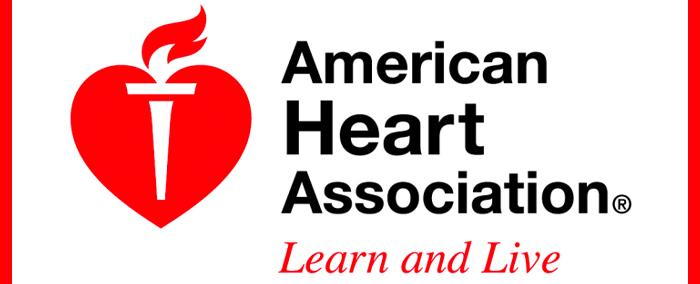
The American Heart Association (AHA) revealed their new guidelines for cholesterol management in November. Here is what you need to know:
- While ideal targets for 'bad' cholesterol (low density lipoprotein or LDL), may vary depending on your risk category, the lower the better. If you do not have a history of artery disease, with an LDL at or below 100 mg/dl and an optimal triglyceride level is less than 150 mg/dl. A healthy lifestyle is the first choice to manage cholesterol for all ages.
- For patients with a previous heart incident or other signs of artery disease, LDL cholesterol should be kept at 70 mg/dl or below. Statin therapy is the primary choice, but secondary therapies such as ezetimibe and the newer PCSK9 inhibitors can be considered if statins fail to help you reach your goals.
- Healthcare providers are encouraged to utilize a tool provided by the AHA that conducts a detailed risk assessment of their patients for atherosclerotic cardiovascular disease (ASCVD). If a patient has known ASCVD, the risk calculator is not needed.
- The tool combines all major risk factors for ASCVD (smoking, high blood pressure, abnormal cholesterol, and diabetes).
- People aged 40-75 may also be screened for risk-enhancing factors such as family history and other health conditions, which could increase their risk for ASCVD.
- A risk percentage of 7.5-19.9 can indicate starting or intensifying statin therapy for non-diabetic patients.
- The tool combines all major risk factors for ASCVD (smoking, high blood pressure, abnormal cholesterol, and diabetes).
- Patients with extremely high LDL (190 mg/dl) or more should start high intensity statin treatment and secondary therapies as needed, and do not need further risk assessment.
- Patients who have diabetes are considered moderate to high risk for developing heart disease and should start moderate-intensity statins without further risk assessment.
- Children from high risk families can be screened as early as age 2, and for most children it is recommended they have a cholesterol screening done between the ages of 9-11 with a follow up screening between the ages of 17-21. Lifestyle therapy is utilized for most children, with an exception being those with severe hereditary cholesterol disorders.
- People over 75 years old also need to be treated for elevated LDL, by utilizing statin and secondary therapies. Previously this group was not addressed in any AHA guidelines.
- For everyone, a heart healthy lifestyle is the first step for ASCVD prevention. According to the guidelines, this includes decreasing total saturated fat intake, cholesterol intake, avoiding trans fats in their entirety, and performing 40 minutes of moderate to vigorous exercise 3-4 times/week.
You may not realize that our office is already doing most of what is outlined above. Dr. Ann is committed to ensuring that as a medical practice we are up-to-date on all of the best practices to help our patients live full and happy lives.
